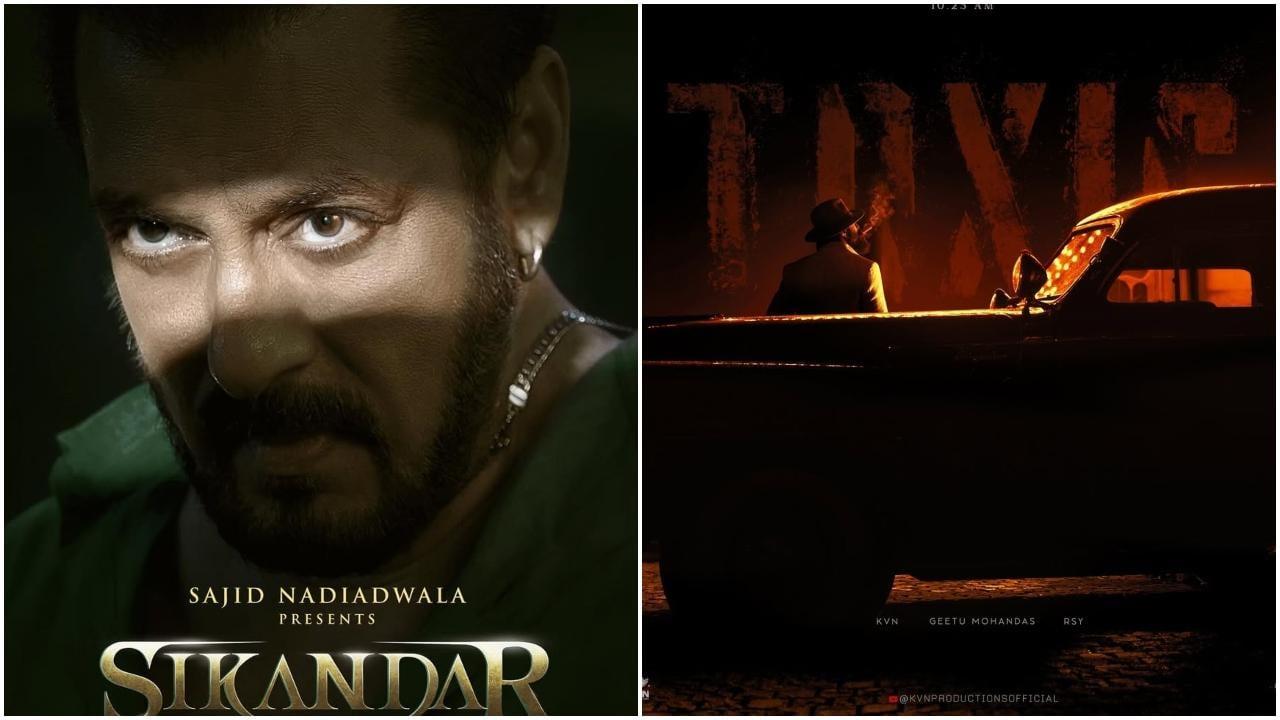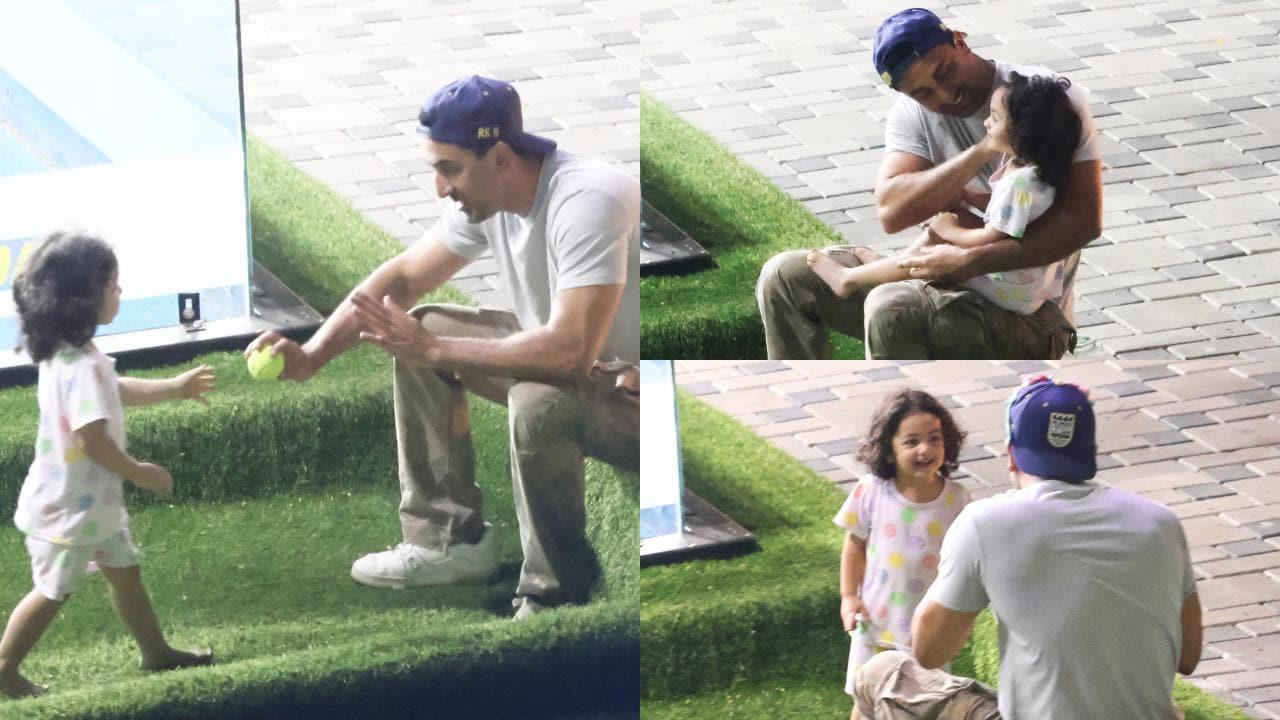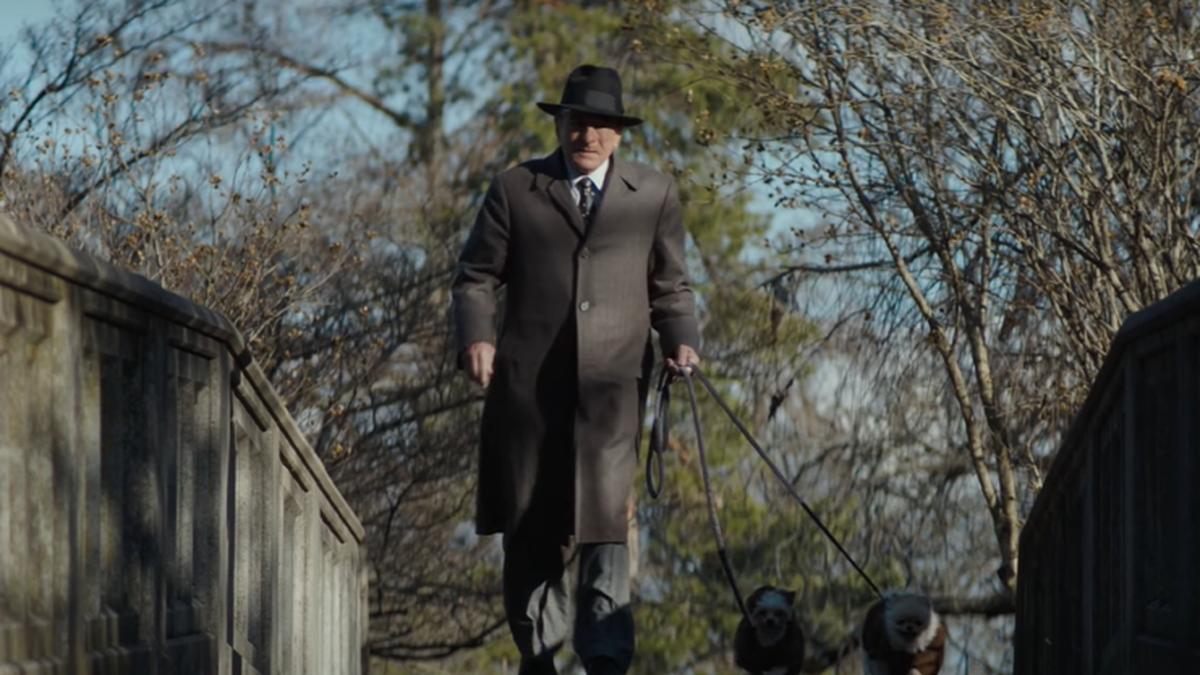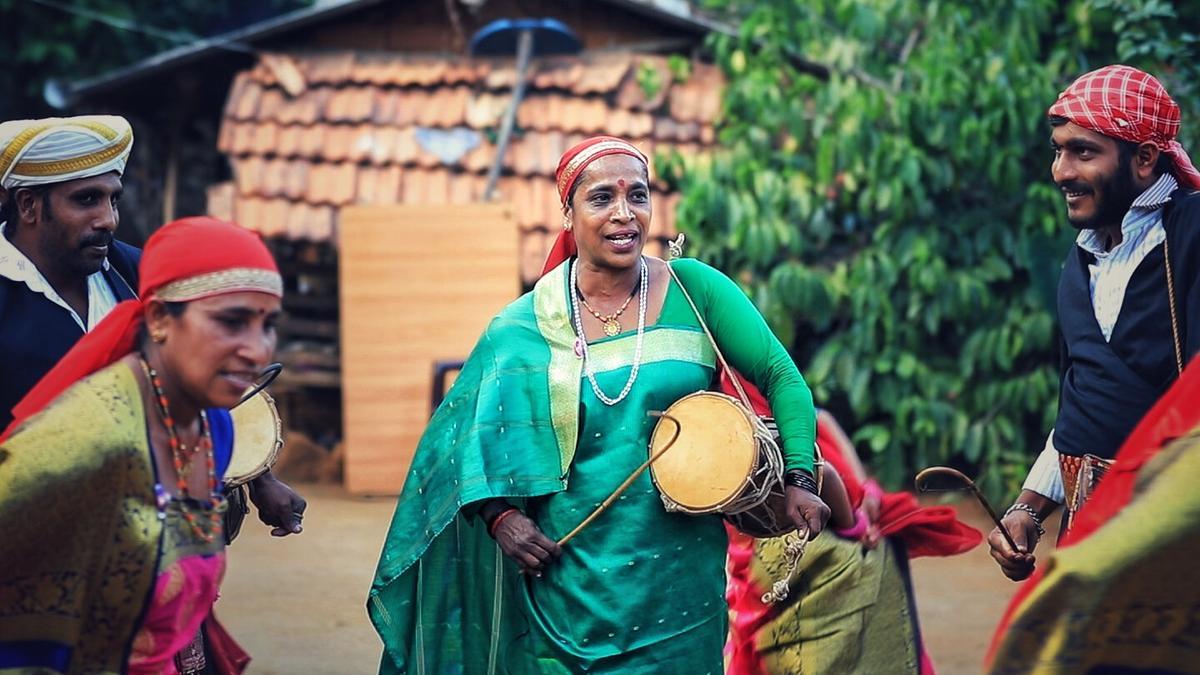
The aftermath of the UEFA Nations League match between Croatia and Poland turned tumultuous as Croatian police detained dozens of football fans for engaging in violent altercations. The country’s interior ministry issued a statement on Monday shedding light on the incidents that followed the game.
The match, held in Osijek’s Opus Arena on Sunday, witnessed Croatia emerging victorious with a 1-0 win over Poland. Despite the thrilling outcome on the field, what transpired off the pitch was less commendable. According to the ministry, the unrest began when a group of Polish supporters launched an unprovoked attack on Croatian fans. The situation escalated rapidly as the clashes spilled into the streets, eventually involving law enforcement officers who found themselves at the center of the conflict.
Eyewitness accounts describe a chaotic scene in the eastern town of Osijek, where fans, agitated by the result of the game and nationalistic fervor, resorted to physical confrontations. The authorities executed swift actions to bring the situation under control, detaining numerous individuals involved in the brawls. However, the exact number of Polish nationals among those arrested remains undisclosed.
Later that evening, reports surfaced of yet another violent encounter between groups of Polish and Croatian fans at a different location. Specifics regarding this secondary incident have been sparse, with authorities choosing to withhold details about the precise venue and the number of arrests made.
The Croatian Interior Ministry, maintaining an active presence on social media, communicated that the situation is under rigorous investigation. “Dozens of people have been detained, and the criminal investigation is ongoing,” read an official statement, reflecting the gravity with which the authorities are handling the matter. The ministry assured that additional measures would be taken to identify and prosecute those responsible for the disturbances.
Paulina Kowalski, a Polish fan who was present at the match, expressed her dismay at the violent turn of events. In an interview, she remarked, “It’s heartbreaking to see a beautiful game marred by such aggression. We came here to support our team and enjoy a competitive match, not to be part of a warzone.”
This is not an isolated incident in the world of football, where passion often overflows into violence.
. Instances of fan clashes have been a recurring issue, raising questions about the effectiveness of security measures at stadiums and surrounding areas. Croatian authorities have been prompted to review their protocols to prevent such incidents from recurring.
In addition to the local enforcement, UEFA released a statement condemning the violence that plagued the match. The association emphasized its zero-tolerance policy towards hooliganism and pledged support to Croatian authorities in their investigation. “The safety of fans is paramount, and those undermining this principle will face severe consequences,” the statement declared.
Analysts, however, argue that this incident is symptomatic of overarching societal issues. Dr. Marko Simić, a sociologist specializing in sports culture, pointed out, “Football often serves as a microcosm for broader societal tensions. These clashes are reflective of deeper issues within the fabric of these communities, including nationalistic rivalry and economic frustration.”
The Croatian Football Federation (HNS) also weighed in on the matter, urging both sets of fans to uphold the spirit of sportsmanship. In a public address, HNS President Davor Šuker condemned the violence and called for an end to such destructive behavior. “Football is a game that unites us all. Our passion should drive us to cheer for our teams passionately, not to harm one another,” he asserted.
As investigations proceed, the Croatian police are committed to ensuring that justice is served and preventing future occurrences of such violence. The ministry has announced plans to enhance security measures around high-stakes matches, including increased police presence and advanced surveillance tactics.
While the excitement of the UEFA Nations League continues, the shadow cast by the Osijek incidents serves as a stark reminder of the need for stringency and vigilance. Both Croatian and international bodies remain united in their resolve to foster a safe and respectful environment for the beautiful game.










